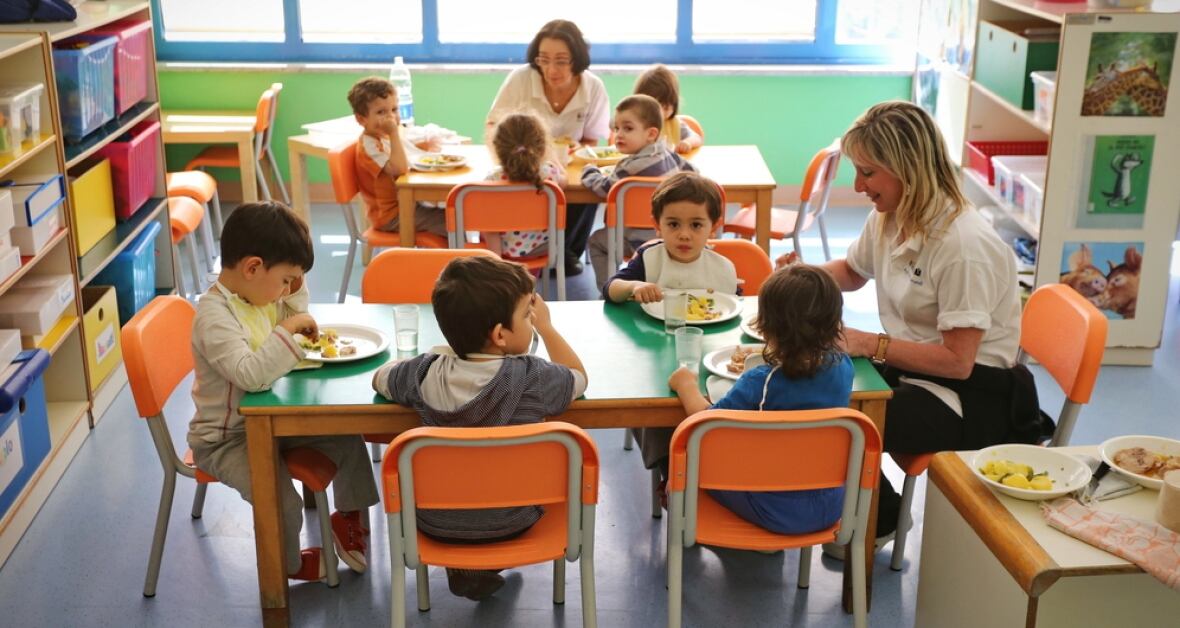National child-care strategy will be a lynchpin of economic recovery, says Martha Friendly
'We don't know what the fallout is going to be or how many will survive in six months'


According to Statistics Canada, 74 per cent of families with young children have two parents who work outside the home and most of them depend on access to child-care services. Just how dependent has not only become obvious during the pandemic, it has also revived questions about why Canada does not have a national child-care strategy.
Martha Friendly has been asking those questions for more than four decades. She is Canada's most vocal advocate for affordable, accessible child care and she is the founder and executive director of the Childcare Resource and Research Unit.
In a conversation with Michael Enright, host of The Sunday Edition, she said the pandemic has awakened a much broader group of Canadians to the need for a national child-care program.
"It's employers who depend on it. It's government policy-makers who are understanding for the first time how that this all fits together," she said.
Friendly said that during the pandemic, many parents are paying for services they're not using because the budgets of child-care centres are very dependent on the fees parents pay. In some cases, they are so dependent that parents cannot assume the daycare centre they have been using will reopen after the lockdown ends.
"We don't know what the fallout is going to be or how many will survive in six months," said Friendly.
Quebec is an exception in Canada; the provincial government subsidizes child care. As a result, the average fee per child is significantly lower. Parents in Toronto, for example, pay about 10 times more than those in Montreal.
The dependence on fees also explains, in part, why child-care workers are paid so little, sometimes just minimum wage. If wages go up, fees would have to rise as well.
A national child-care strategy would be critical to rebuilding Canada's economy, said Friendly.
"It has become one of the things that makes the economy tick," she said.
Although child care falls within provincial or territorial jurisdiction, she believes the federal government can and should play a critical role.

"There are other programs that are within provincial or territorial jurisdiction that have long had a federal role, like health care," Friendly said. "And the federal government, back in the '80s and '90s, set conditions for funding and has played that kind of leadership role in health care."
Just as Canadians are now calling for a federal role in ensuring better long-term care across the country, Friendly said a national child-care policy is long overdue and well worth the government investment.
"We people have been sold a bill of goods about taxation, and there's lots of people who actually have tried to point out that if you don't have taxes, you don't have the money to pay for the things that people need. And that's the situation that we're finding ourselves in because of the pandemic," said Friendly.
"This [child care] is an essential service that's been built on a fragile house of cards. It's been knocked over by the strong wind of the pandemic."
Click 'listen' above to hear the full interview.
